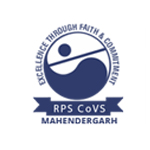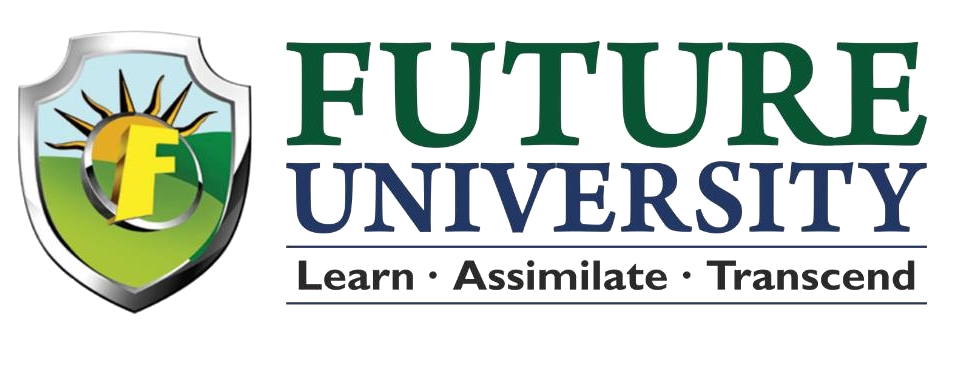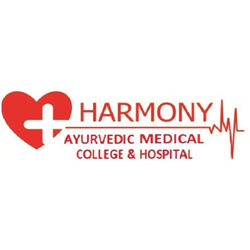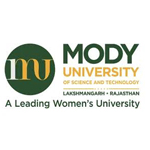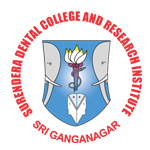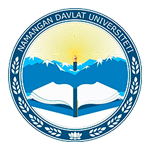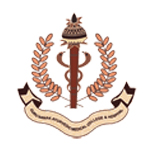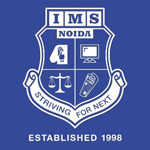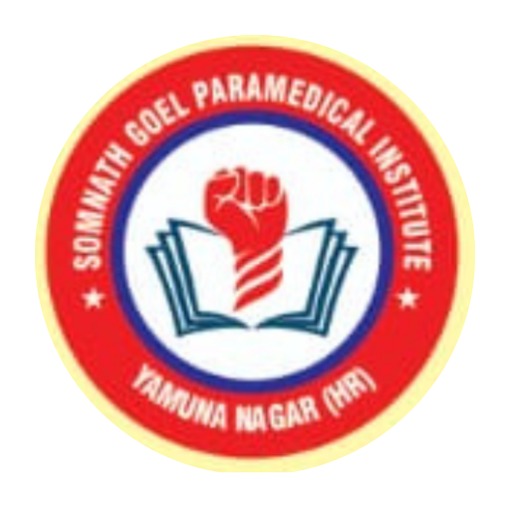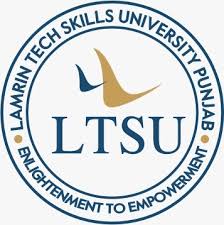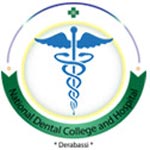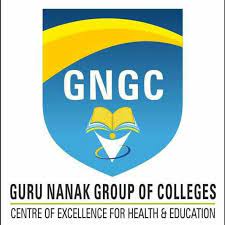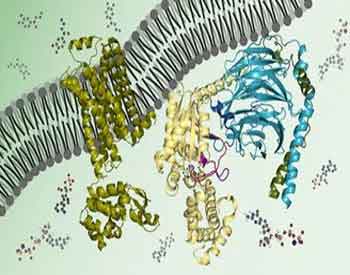
M.D in Biochemistry
Medium
Medium
3.5 LPA LPA - 4.5 LPA LPA
6.5 LPA LPA - 8.5 LPA LPA
10.5 LPA LPA - 12 LPA LPA
Table of Contents
M.D Biochemistry Course Highlights
| Full Form | Doctorate of Medicine in Biochemistry |
| Course Level | Doctorate |
| Duration | 3 years |
| Eligibility | M.B.B.S. with 50% and relevant PG Degree from MCI recognized Institute |
| Age Limit | No |
| Admission Process | Merit-based or Entrance-based |
| Similar Options of Study | MD (Pathology), MD (Microbiology), MD (Physiology), MD (Paediatrics), MD (Psychiatry) etc. |
| Course Fee | INR 42,000 to 12.3 Lakhs per year |
| Average Starting Salary | INR 7 - 12 LPA |
| Job Positions | Anaesthetic Physician, Anaesthetic Doctor, Anesthesiologist, Critical Care Specialist, etc |
| To Recruiting Areas | Hospitals, Healthcare Facilities, Diagnostic Centres etc |
M. D. Biochemistry Overview
M. D. Biochemistry or Doctor of Medicine in Biochemistry is a three-year post-graduate degree course in Biochemistry involving the study of the structure, composition, and chemical reactions of substances that take place in living systems. It is a combination of biology with physical, organic, and inorganic chemistry. It deals in a detailed study and knowledge of how energy is obtained by living things via food, the chemical basis of heredity, and on being struck with diseases, what fundamental changes occur within the human body. This branch of science is applicable in medicine, dentistry, and veterinary medicine.
Who can opt for M.D in Biochemistry?
Candidates wanting to opt for this course should have acquired a pass degree in B.A.M.S from a recognized university/college. An entrance examination is also conducted by respective institutes offering this course which students need to appear for to seek entry. Additionally, those going in for this course should possess self-confidence, strong concentration power, good counseling and communication skills, and interpersonal skills and should be capable of making important decisions as per the situation. This course is also suitable for those who wish to go for further studies.
How is M.D in Biochemistry beneficial?
This course helps largely in training students who want to become scientists in identifying, addressing, and solving biomedical problems right at the molecular stage. It is also useful for those who want to go for further studies in this field and do a Ph. D etc. or those who wish to become lecturers and teachers in government as well as private schools, colleges, and universities. This program covers all areas pertaining to biochemistry and molecular studies like molecular structure, molecular mechanisms, and molecular regulation.M.D Biochemistry Syllabus
MD Biochemistry is a 3-years course which focuses on the study of Biochemistry, Molecular Biochemistry and concepts related to it. MD Biochemistry Syllabus covers a wide range of topics including Virology, Parasitology, Mycology, Clinical Biochemistry and several research projects. The table below gives you a insight of what is taught during course curriculum of MD Biochemistry:
| Applied Biochemistry | Bacteriology |
| Biochemistry of Hormones, Vitamins, Minerals, Enzymes & Clinical Biochemistry | Virology |
| Introductory Biochemistry & Molecular Biochemistry | Standard Curve/Paper Chromatography/TLC |
| Biochemistry of Body Metabolism | Parasitology |
| Recent Advances in Clinical Biochemistry & Biochemical Methodologies | Research Project |
| Recent Advances | Mycology |
| Enzyme Kinetics/ Electrophoresis | Virology and Parasitology |
FAQ-MD in Biochemistry
Q: What is MD in Biochemistry?
Biochemistry is the study of the structure, composition, and chemical reactions of substances in living systems. Biochemistry emerged as a separate discipline when scientists combined biology with organic, inorganic, or physical chemistry and began to study such topics as how living things obtain energy from food, the chemical basis of heredity, and what fundamental changes occur in disease. Biochemistry is applied to medicine, dentistry, and veterinary medicine. In food science, biochemists research ways to develop abundant and inexpensive sources of nutritious foods, determine the chemical composition of foods, and develop methods to extract nutrients from waste products or invent ways to prolong the shelf life of food products. In agriculture, biochemists study the interaction of herbicides with plants. They examine the structure-activity relationships of compounds, determine their ability to inhibit growth, and evaluate the toxicological effects on surrounding life.
Q: What is the eligibility for MD in Biochemistry?
- Candidates need to have completed MBBS/BAMS with a minimum aggregate score of 55%, with a 1-year compulsory internship. Also, a minimum aggregate score of 60% at the level of graduation.
- Candidates are required to qualify for an institute, State, or national-level entrance test for admission to the course.
Q: Which Top institutes offer MD in Biochemistry?
- All India Institute Of Medical Sciences New Delhi, Delhi NCR
- Christian Medical College Vellore, Tamil Nadu
- Armed Forces Medical College Pune, Maharashtra
- Kasturba Medical College Mangalore, Karnataka
- Maulana Azad Medical College New Delhi,
- Jawaharlal Institute Of Post Graduate Medical Education And Research - [Jipmer], Pondicherry
- Lady Hardinge Medical College New Delhi,
- Madras Medical College Chennai, Tamil Nadu
- Grant Medical College Mum. D.I, Maharashtra
- Sri Ramachandra University Chennai, Tamil Nadu
Q: What kind of Employment area for MD in Biochemistry?
- Biotechnology Firms
- Chemical Industry
- Chemicals Manufacturing Companies
- Colleges/ Universities
- Food Institutes
- Heavy Chemical Industries
- Hospitals
- Indian Civil Services
- Industrial Laboratories
- Laboratories
- Medical Laboratories
- Medical Research
- Petroleum Companies
Q: What types of jobs can MD in Biochemistry?
- Assistant Professor
- Business Development Executive
- Consultant
- Customer Lab Service Associate
- Junior Resident
- Laboratory Technician
- Medical Technologist
- Research Scientist
- Trainee Medical Coder
- Tutor Demonstrator
Q: Name such entrance exams held in India for MD in Biochemistry?
- NEET PG Entrance Exam
- PGIMER Entrance Exam
- JIPMER PG Entrance Exam
- CMC Vellore PG Medical Entrance Exam
- COMEDK PGET PG Entrance Exam
- MU OET PG Entrance Exam
- AIIMS PG Medical Entrance Exam
- AIPGMEE
Q; Suggest the Coaching Centers for Entrance Exam.
- Global Education (Mumbai)
- Gyan Sagar Classes (Mumbai)
- Ideal Classes (Mumbai)
- IMS Institute (Mumbai)
- Insight (Mumbai)
- TIME (Kerala)
- Brilliant (Kerala)
- Bharadwaj Institute (Chennai)
- Career Launcher (Chennai)
- Abhimanu Las Study Group (Chandigarh)
- Bulls Eye Knowledge System (Chandigarh)
- Blaze IAS Academy (Chandigarh)



